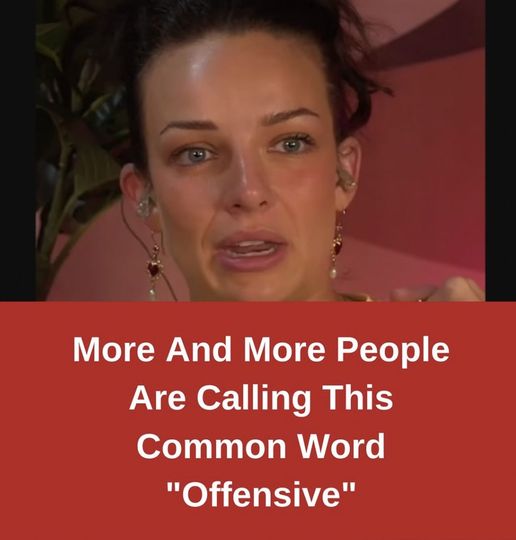More And More People Are Calling This Common Word “Offensive”
Abbie Chatfield, a familiar face from The Bachelor, has recently sparked a conversation among her fans by urging caution in the use of the term ‘females’. In a recent episode of her podcast, It’s A Lot, the 28-year-old reality star expressed her views, pointing out that the term can be offensive as it dehumanizes women and excludes transgender individuals.
Abbie likened the use of ‘females’ to a slur, equating it to words like ‘b**tch’ and highlighting its inherently sexist connotations. She further explained that the term feels transphobic because it categorizes individuals solely based on their gender identity. Instead, she suggested using the term ‘women’, which allows for more open debate and discussion about what it truly means to identify as female. By using ‘women’, there is room for a broader understanding of gender identity and expression.
Abbie’s comments have started a broader conversation about gendered language and its impact on marginalized communities. Many have commended her for bringing attention to an often-overlooked issue and for encouraging greater sensitivity and awareness in language use. It is important to note, however, that not everyone agrees with Abbie’s perspective. Some argue that the term ‘females’ is neutral and simply descriptive, without any inherent negative connotations. Others believe that context and intent play a crucial role in determining whether the use of ‘females’ is offensive or not.
Regardless of individual opinions, Abbie’s remarks have prompted reflection and dialogue on the importance of inclusive language and the need to be mindful of how our words may affect others. Language plays a powerful role in shaping perceptions and attitudes towards gender and identity. As discussions around gender and language continue to evolve, Abbie’s message serves as a reminder of the ongoing work needed to create a more inclusive and respectful society for all individuals, regardless of their gender identity or expression. Through thoughtful and respectful dialogue, we can strive to create a world where everyone feels valued and respected for who they are.






